Latest
-

A Year in Review: Announcing the Top Research From APS’s Journals
The most downloaded psychological science research published in APS’s six peer-reviewed research journals in 2024 cover a broad range of topics about our understanding of ourselves and others.
-

Heart Rates and Step Counts: A Novel Approach to Eating Disorder Care
What potential do everyday devices, like smartwatches, have in transforming the management and treatment of eating disorders? In this episode, Under the Cortex explores how commonly used technology, such as heart rate monitors and step
-

Midlife-Onset Alcohol Dependence: Causes and Consequences
Podcast: What drives the onset of alcohol dependence in midlife? How does it present unique challenges, and what strategies can help when it disrupts the lives of individuals and their families? Under the Cortex explores.
-

Informal Caregivers Report Reduced Well-Being, May Not Bounce Back Years Later
Individuals acting as caregivers saw a decrease in life satisfaction and mood, alongside increases in depression, anxiety, and loneliness.
-

2024 Mentorship Program Welcomes Nearly 150 Individuals from All Career Stages
This year’s cohort includes 66 mentors and 76 mentees from 12 countries.
-

Too Many Connections? How Aging Impacts Memory and Recall
How does the brain’s memory function change as we grow older? What recent discoveries are helping us understand these changes better? In this episode of Under the Cortex, Özge Gürcanlı Fischer Baum welcomes Karen Campbell of Brock
-

Green Actions, Brighter Lives: Enhancing Well-Being Through Environmental Action
Podcast: Can environmentally friendly actions boost personal well-being? Tune in to discover how a sustainable lifestyle offers profound benefits.
-

New Content From Perspectives on Psychological Science
A sample of articles on transmission versus truth, sensory-motor disorders in autism spectrum disorders, the diminished state-space theory of human aging, and much more.
-

A New Approach to Understanding Psychopathology: Insights from the HiTOP Model
Podcast: APS’s Özge Gürcanlı Fischer Baum and Miri Forbes of Macquarie University address how traditional models like the DSM categorize mental health disorders and explore Forbes’ recent study, which highlights the more nuanced and dimensional approach that the emerging HiTOP offers.
-

Navigating Divisive Conversations: Why We Underestimate the Benefits
Podcast: Under the Cortex hosts Kristina Wald to discuss the benefits of talking about divisive topics, even when speaking with those who disagree, and how we can better approach polarized discussions.
-

Medical and Psychological Harms of Obesity Depend on Where You Live, Study Indicates
The results of a new study suggest that individuals struggling with obesity face a number of social and health difficulties, but those problems are less severe if they live in areas where obesity is prevalent.
-

Friendship and Diversity: A Path to Stronger Communities?
Podcast: Why do we gravitate towards friends who share our background and identity? How does this affect our sense of community and well-being? Under the Cortex explores.
-
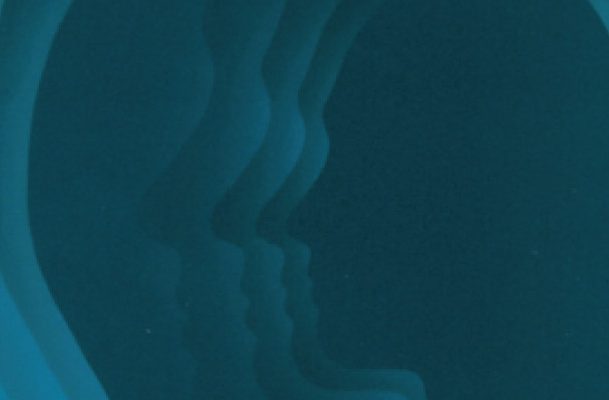
New Research From Clinical Psychological Science
A sample of research on parent reinforcement and relationship behaviors, global well-being and mental health, predicting transdiagnostic symptom change across diverse demographic groups, and much more.
-

When They’re Not Paying Attention, Children Can Learn as Much as Adults
Children’s short attention spans are often framed as a barrier to learning. New research suggests that their limited ability to focus, however, could actually aid in their ability to learn information adults ignore.
-

Link Between Meditation App Use and Well-Being Needs Further Investigation
Meditation apps offer users an accessible introduction to an ancient, evidence-based practice known to help quiet the mind. But exactly how much a person needs to use these apps to reap the benefits of guided meditation remains unclear.
-

What Type of Templates Do We Use for Visual Processing? Caricatures Might Be the Answer
Podcast: This episode’s conversation reviews how our visual system uses templates and exaggerates the basic features of objects in memory.
-

New Content From Advances in Methods and Practices in Psychological Science
A sample of articles on natural experiments, calculating and interpreting prediction intervals, the misuse of the bayes factor, analyzing ecological momentary assessment data, and much more.
-

The Integrity of Psychological Research: Uncovering Statistical Reporting Inconsistencies
Podcast: In this episode, APS’s Özge Gürcanlı Fischer Baum speaks with Michele Nuijten from Tilburg University to examine how overlooked errors in statistical reporting can undermine the credibility of research findings.
-

New Open Access Journal from APS and Sage Expands Publishing Opportunity for Psychological Scientists
APS and Sage announce the launch of Advances in Psychological Science Open, a fully open access journal that will publish high-quality empirical, technical, theoretical, and review articles, across the full range of areas and topics in psychological science.
-

The Benefits of Everyday Math for Kids
Podcast: APS’s Özge Gürcanlı Fischer Baum chats with Melissa Libertus from University of Pittsburgh about her new article about interventions to increase math learning in children.
-

Journal Collection Examines Psychological Science in Pandemics
In a special Perspectives on Psychological Science collection, researchers discuss how psychological science can help policymakers and the public understand and address the spread of infectious disease while preserving constructive social interactions and learning.
-
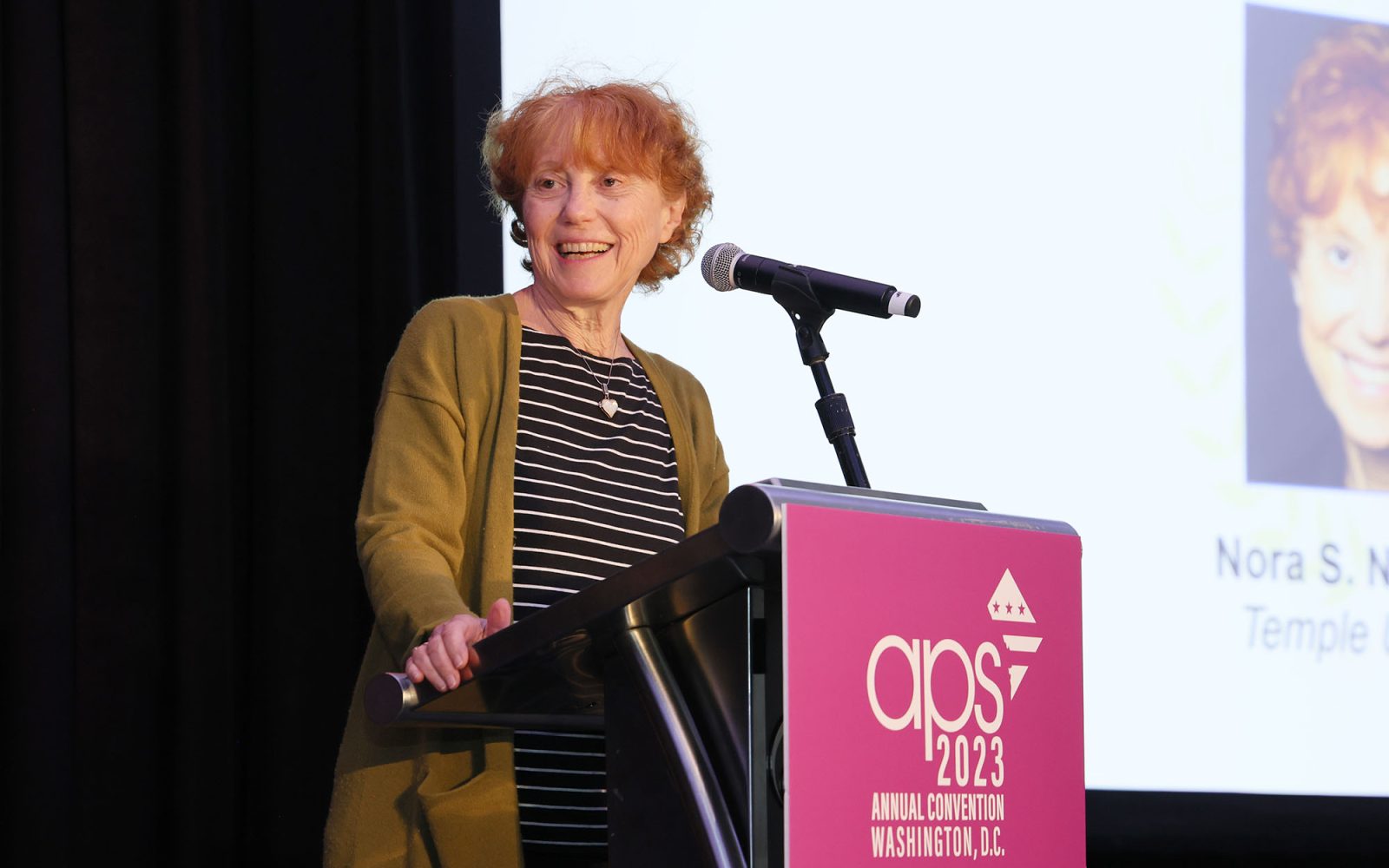
Newcombe Awarded Rumelhart Prize in Cognitive Science
APS William James Fellow Nora S. Newcombe, a distinguished researcher at Temple University and Editor of Psychological Science in the Public Interest, is the recipient of the 25th David E. Rumelhart Prize in Cognitive Science from the Cognitive Science Society.
-

Racial Disparities in Drug Intervention: Culturally Inclusive Approaches
Podcast: APS’s Özge Gürcanlı Fischer Baum and guests examine evidence-based drug treatment studies, highlighting racial disparities in treatment effectiveness and much more.
-

New Research in Psychological Science
A sample of research on children’s memory formation, the gender-equality paradox, AI hyperrealism, prototypes of people with depression, and much more.
-

Join APS in Celebrating the 2024 APSSC Poster Award Winners
Researchers reflect on their award-winning posters featured at the APS 2024 Annual Convention.
-

New Content From Current Directions in Psychological Science
A sample of articles on the moral psychology of AI, parenting by lying, color semantics in human cognition, and much more.
-

When Versus Whether: Gender Differences in Leadership
Podcast: In contemporary society, there is a significant rise in the number of women assuming leadership positions compared to past generations. Nevertheless, this raises the question: Do these growing numbers equate to equal access to opportunities? Under the Cortex explores.
-

A Form of Benevolence Increases Tolerance of Domestic Violence Against Women
Violence against women is a particularly urgent problem in India and other countries where gender inequality is high. But those who worry about women being the victims of random violence in public are more likely to tolerate domestic violence against women in private, according to a new study.
-

Tools to Bolster Executive Function Skills in Kids
Podcast: This episode features two researchers who review the ways executive functioning skills are used throughout daily life, the process the researchers used to involve their community, and their intervention’s success.
-

Navigating Regret in Decision-Making
Podcast: Human reasoning is not flawless. In this episode, Under the Cortex examines how human reasoning can be contextual, as well as the biases that people have in decision making.
-

Programs to Prevent Sexual Violence Show No Evidence of Curbing Assaults
Sexual violence prevention programs effectively change ideas and beliefs that underscore assaults, but show no evidence of reducing their actual occurrence, according to a new analysis published in Psychological Science in the Public Interest.
-

Is Everyone Out to Get Me? Paranoia in Social Interactions
Podcast: In this episode, Under the Cortex hosts three researchers to discuss paranoia, proposed improvements for clinically testing the social impacts of paranoia, and much more.
-

New Content From Perspectives on Psychological Science
A sample of articles on human chemical communication, the resilience of collectives, suspicion about suspicion probes, information avoidance, and much more.
-

Allergies or Sickness? Unraveling the Mystery of Concealing Infectious Diseases
Podcast: In this episode, Under the Cortex hosts Wilson Merrell to discuss disease concealment and the factors that contribute to it.
-
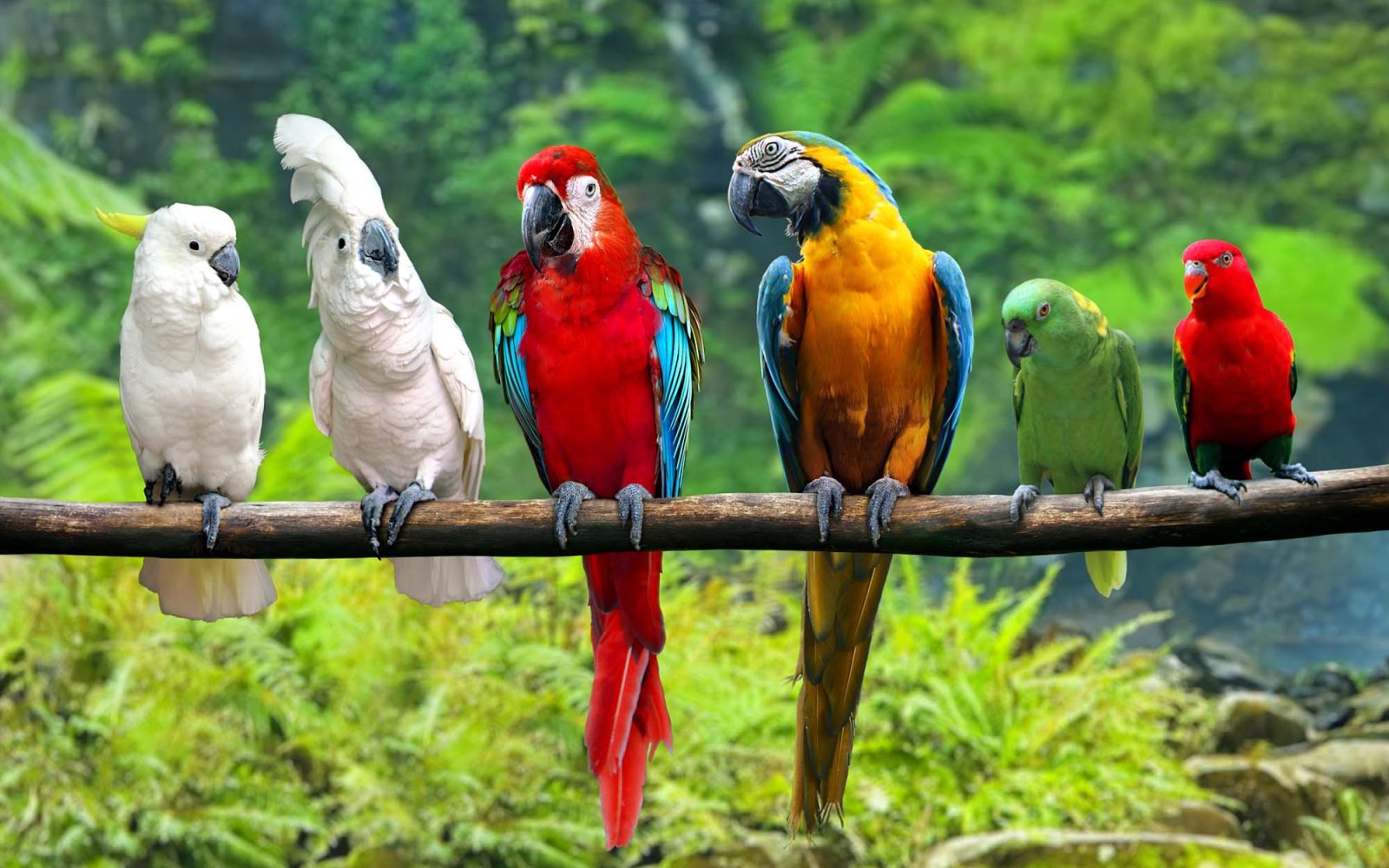
Our Cognitive Bias Toward Novel, Negative Information May Make New Social Groups Seem Less Likeable
People’s biases against members of other groups may have a cognitive basis owing to how we prioritize negative information when encountering new social groups, new research suggests.
-

New Research From Clinical Psychological Science
A sample of research on personality pathology and momentary stress processes, stereotypes and OCD-symptom presentations, threat appraisal and pediatric anxiety, and much more.
-

Seifert Is the New Editor of PSPI
APS Fellow Colleen M. Seifert, an expert on creative problem-solving at both the basic and applied levels, is the new editor of Psychological Science in the Public Interest (PSPI). She follows APS William James Fellow Nora Newcombe, who has served as editor of the journal since 2019.
-

New Content From Advances in Methods and Practices in Psychological Science
A sample of articles on implementing and using community-augmented meta-analyses, studying what people say to each other, open-science guidance for qualitative research, and much more.
-

Teens Who View Their Homes as More Chaotic Than Their Siblings Have Poorer Mental Health in Adulthood
Many parents ponder why one of their children seems more emotionally troubled than the others. A new study in the United Kingdom reveals a possible basis for those differences.
-

Rewatching Videos of People Shifts How We Judge Them, Study Indicates
Rewatching recorded behavior, whether on a Tik-Tok video or police body-camera footage, makes even the most spontaneous actions seem more rehearsed or deliberate, new research shows.
-
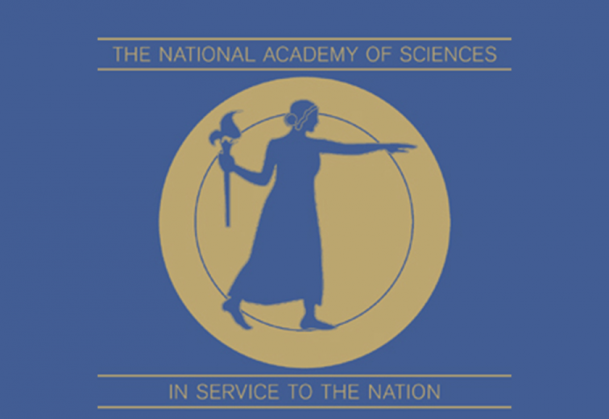
Six APS Fellows Elected to the National Academy of Sciences
The newly elected Fellows include Kent C. Berridge, Vonnie C. McLoyd, Nora S. Newcombe, Henry Wellman, Brenda Major, and Eveline Crone.
-

Desire Dynamics: Navigating Intimacy and Attraction in Relationships
Podcast: Psychological scientist Amy Muise joins Özge G. Fischer Baum in discussing how to maintain desire and interest in romantic relationships.
-

Loneliness Bookends Adulthood, Study Shows
Loneliness in adulthood follows a U-shaped pattern: It’s higher in younger and older adulthood, and lowest during middle adulthood, according to new research that examined nine longitudinal studies from around the world.
-

APS Editorial Fellows to Help Build a Pipeline of Diverse Editors
Meet the six psychological scientists representing different cultures and nationalities who have been named inaugural APS Editorial Fellows.
-

New Research in Psychological Science
A sample of research on oppressed groups engendering implicit positivity, compassion fatigue as a self-fulfilling prophecy, gaze-triggered communicative intention, and much more.
-
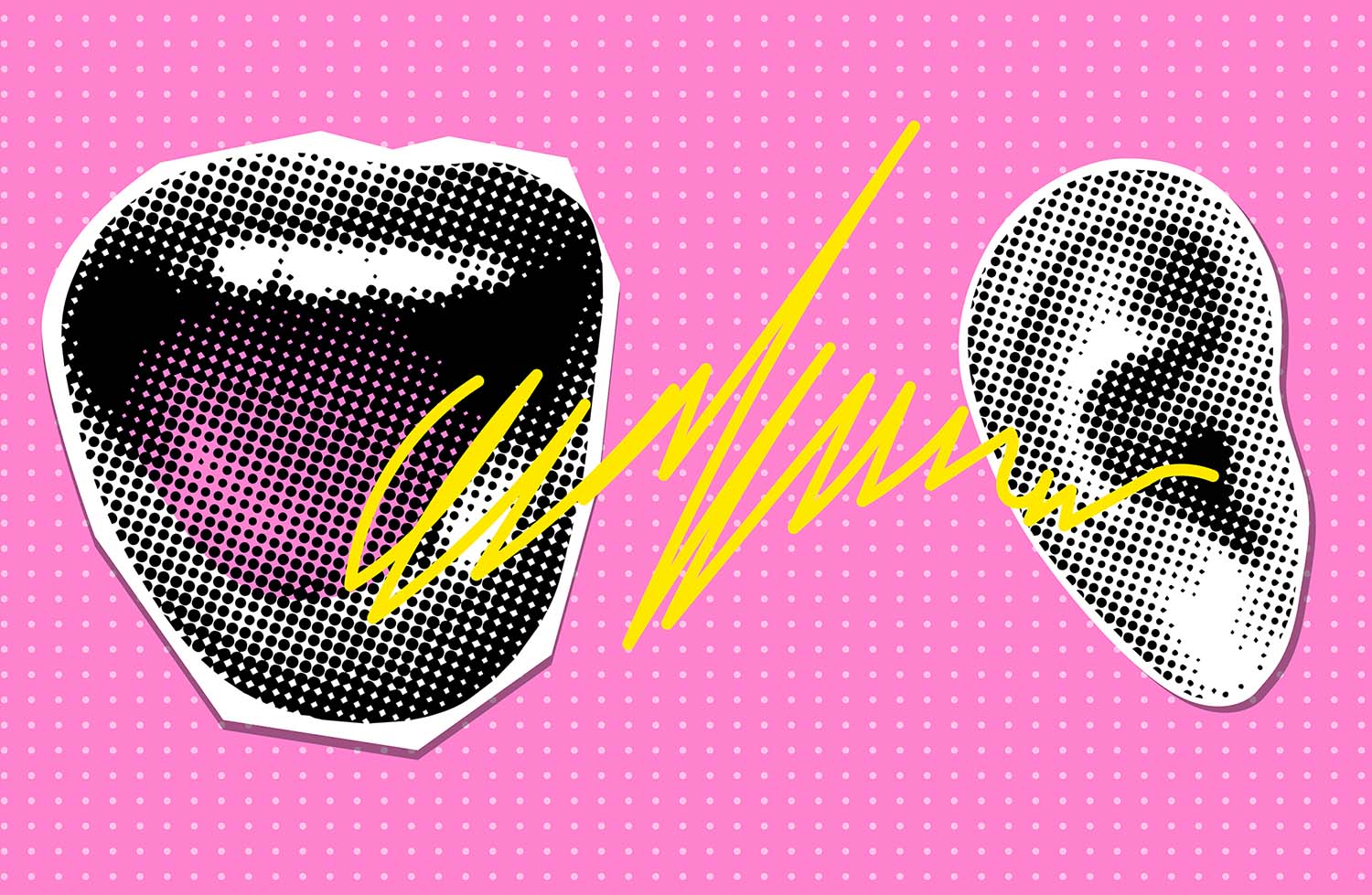
That Sounds Right: Hearing Objects Helps Us Recognize Them More Quickly
Audio associations can help us recognize objects more quickly, suggesting that sounds can help us make fine-grained discriminations between objects, new research suggests.
-

New Content From Perspectives on Psychological Science
A sample of research on referential communication in language and gesture, personality science in the digital age, understanding collective intelligence, and much more.
-

Shaping Kinder Kids Through Parental Example
Podcast: When kids witness their parents engaging in warm and positive interactions, it could have a positive effect on the children themselves. Hear from Brian Don, who discusses his new theory on the topic, what it could mean for future research, and much more.
-

Parental Engagement Enhances Children’s Therapy Experience and Outcomes
Podcast: What methods effectively alleviate children’s anxiety? How do parents influence the treatment process? Can parents positively affect the treatment outcomes? Under the Cortex explores.
-

Talking Politics With Strangers Isn’t as Awful as You’d Expect, Research Suggests
Many of us avoid discussing politics with someone who holds an opposing viewpoint, assuming the exchange will turn nasty or awkward. But having those conversations is far more gratifying than we expect, new research suggests.
-

Driving Simulation and AI Deepen Insights into Impulsivity
Lab experiments sometimes have participants engage in tasks that don’t capture the full range of behaviors people display in their day-to-day lives, but pairing realistic tasks with machine learning could help researchers more accurately assess individuals’ personality traits.
-
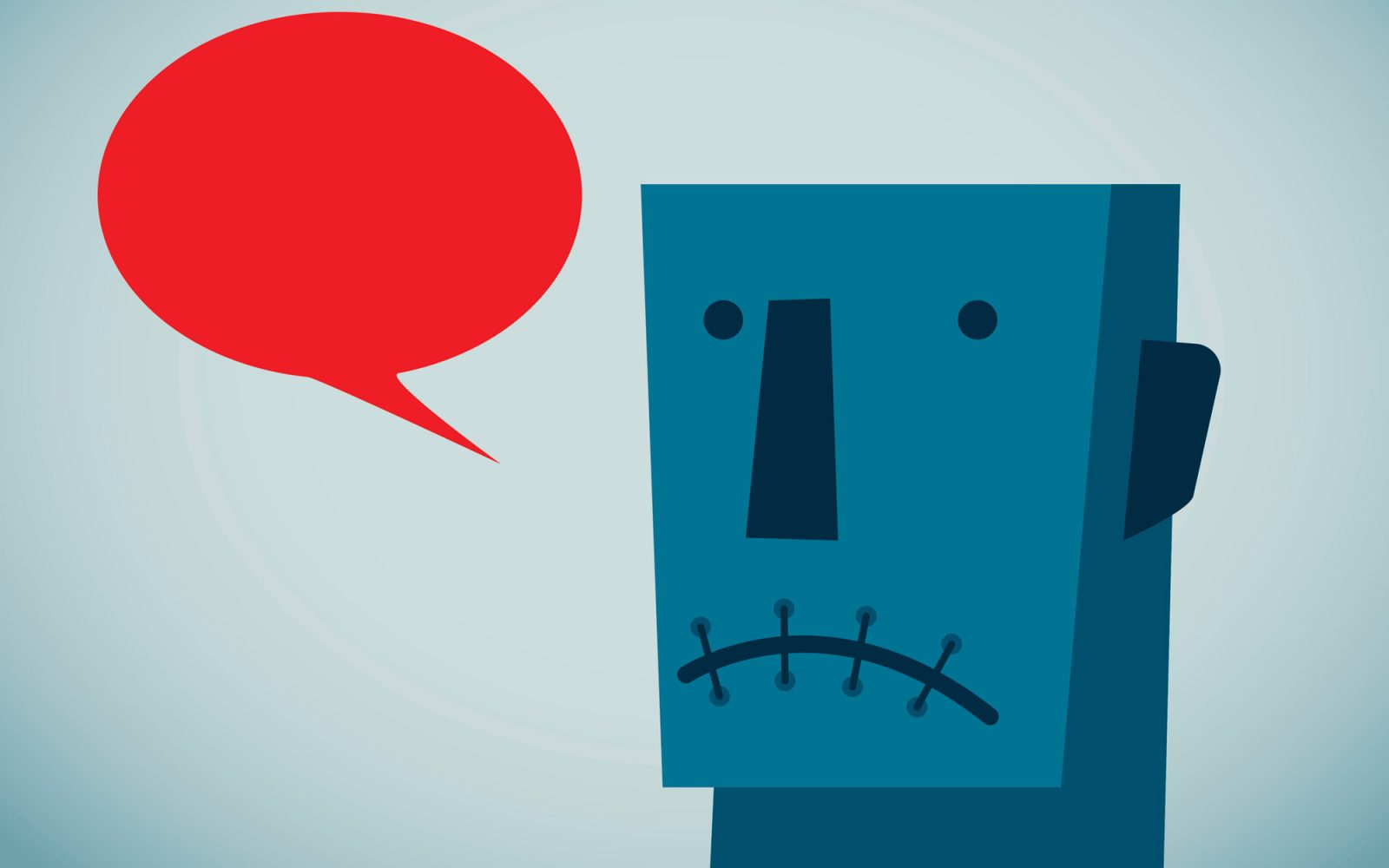
The Costs of the Secrets We Keep
Psychological experiments historically included lab-invented secrets and simulated social interactions. But a fresher body of research explores the secrets people keep in their everyday lives, experimental psychologist Michael Slepian wrote in a new article for Current Directions in Psychological Science.
-

Twisted Tales: Unraveling the Surprising Benefits of Irony
Podcast: APS’s Özge Gürcanlı Fischer Baum and Penny Pexman (Western University) discuss cognitive flexibility and emotion recognition, two crucial aspects underlying the processing of sarcastic speech.
-

New Research From Clinical Psychological Science
A sample of research on the role of shame in the sexual-orientation disparity in mental health, moving toward anti-racism, profiles of risk in low-income children, and much more.
-
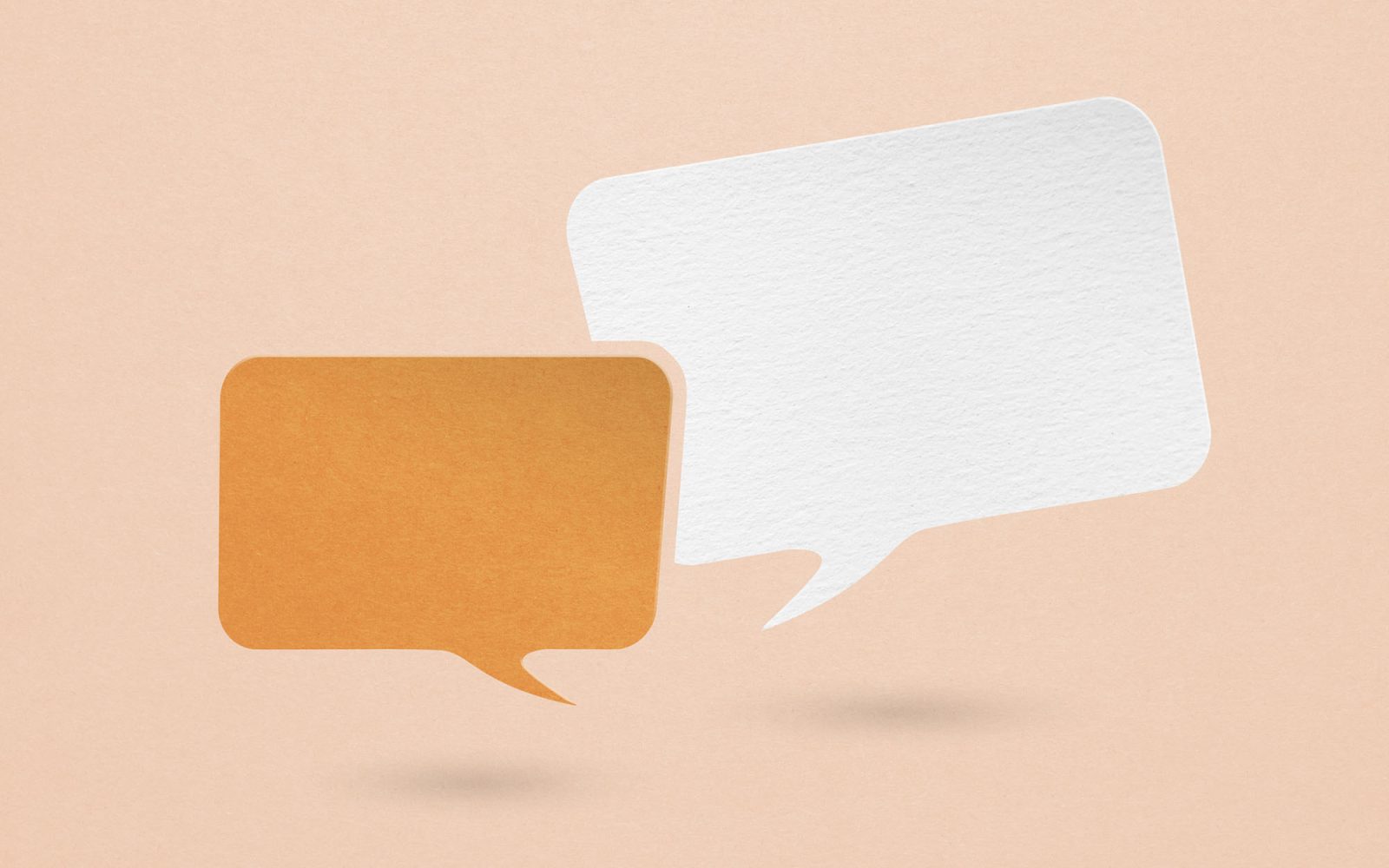
Conversation Research Still Requires a Human Ear
Conversations, whether in the form of small talk or a heated debate, involve a nuanced and unique exchange of words and behaviors. Recent technological advances have made it easier for conversation researchers to manage this complexity, paving the way for a deeper understanding of how humans communicate.
-

What Comes Next? The Joy of Anticipating Melodies
Podcast: In this episode of Under the Cortex, APS’s Özge Gürcanlı Fischer Baum hosts music researchers who delve into the rewarding experience of accurately predicting tunes.
-

New Content From Current Directions in Psychological Science
A sample of articles on the psychology of erectile dysfunction, STEM engagement in informal learning environments, leveraging decision science, rethinking attentional habits, and much more.
-

New Content From Perspectives on Psychological Science
A sample of research on intergroup attitudes, social drivers on digital media, the conversational silencing of racism in psychological science, what makes a group emotional, and much more.
-

Couples Who Laugh Together, Stay Together
Podcast: In this episode, psychological scientists Norman Li and Kenneth Tan illuminate how the mutual creation and enjoyment of humor serves as crucial markers of relationship well-being.
-

We All Love to Be Loved, But Women May Experience Love More Frequently than Men
Conventional wisdom holds that men and women approach romance differently. But new research suggests that love is important for well-being regardless of gender—and the differences that do exist may hint at the evolutionary basis of love.
-
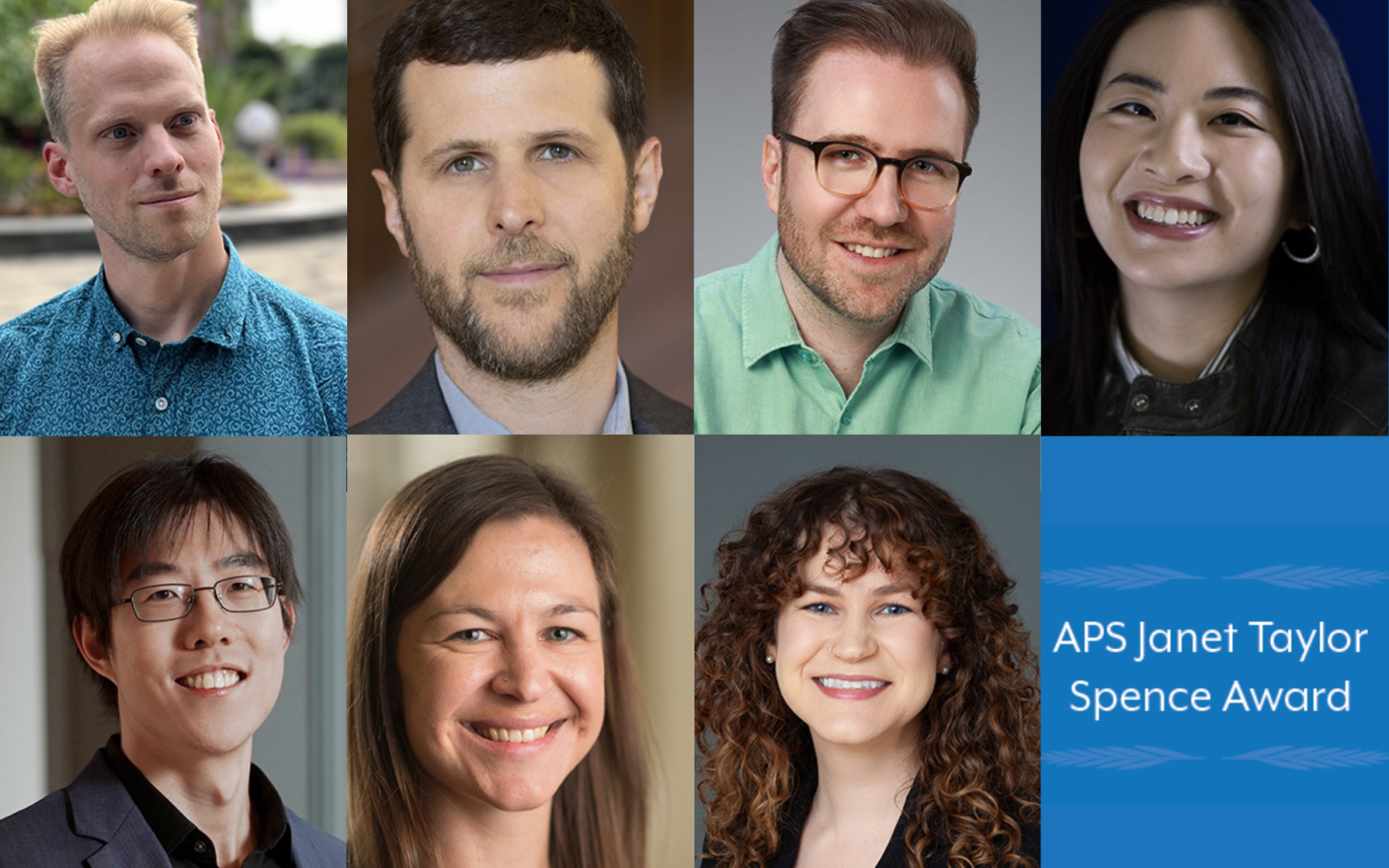
Seven Early-Career Researchers Honored With 2024 APS Janet Taylor Spence Award
The seven recipients are honored for cutting-edge research on topics ranging from self-regulation to collective emotions to multicultural experiences.
-

Community Engagement in Psychological Research
Podcast: As experts in the field, Patricia Rodriguez Espinosa and Luz Garcini share their ideas and best practices about how to center community voices in psychological research.
-
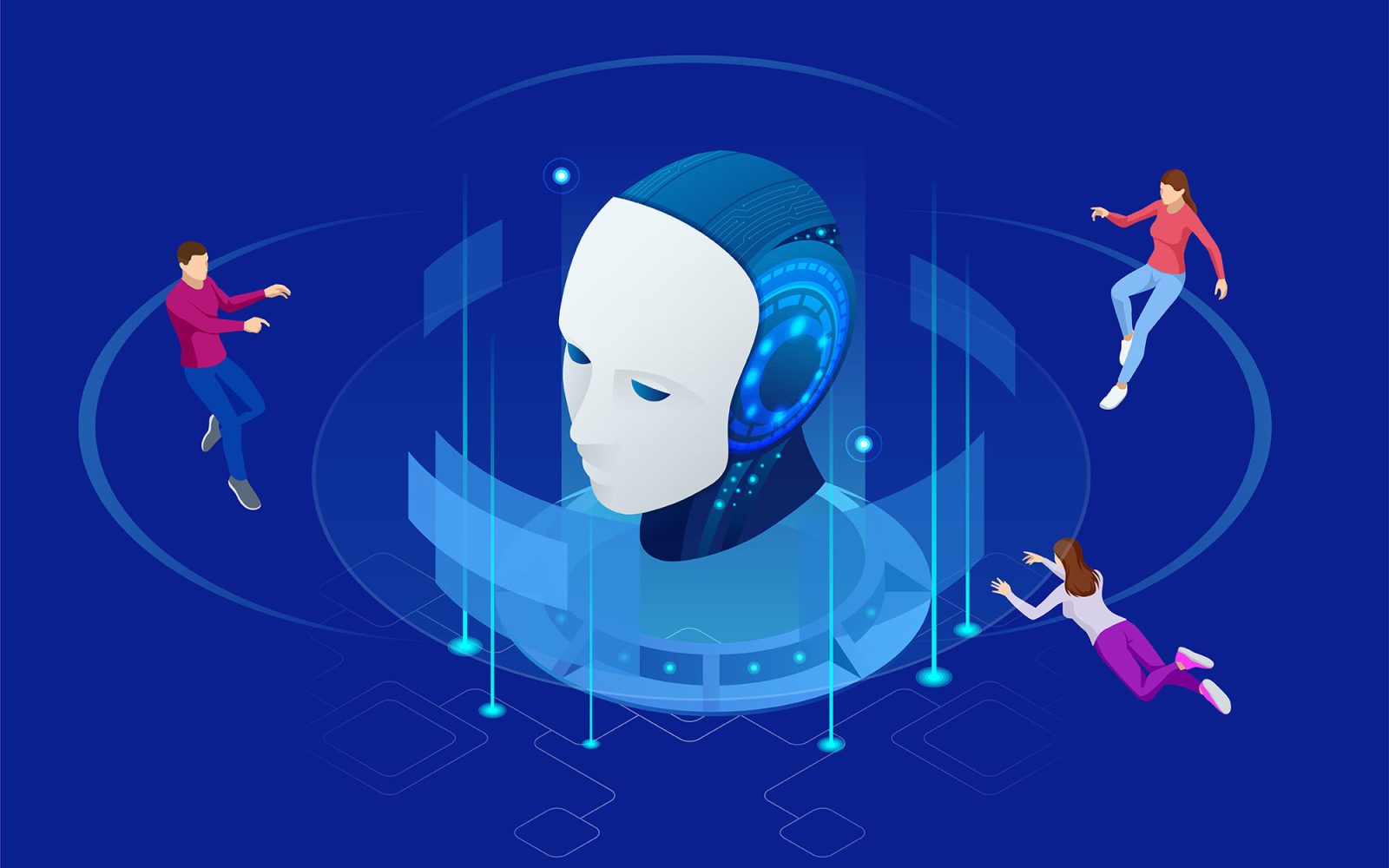
Interplay Between Humans and Algorithms the Focus of Journal Special Collection
A special collection of articles in Perspectives on Psychological Science provides insights from leading researchers on the interplay between humans and algorithms.
-
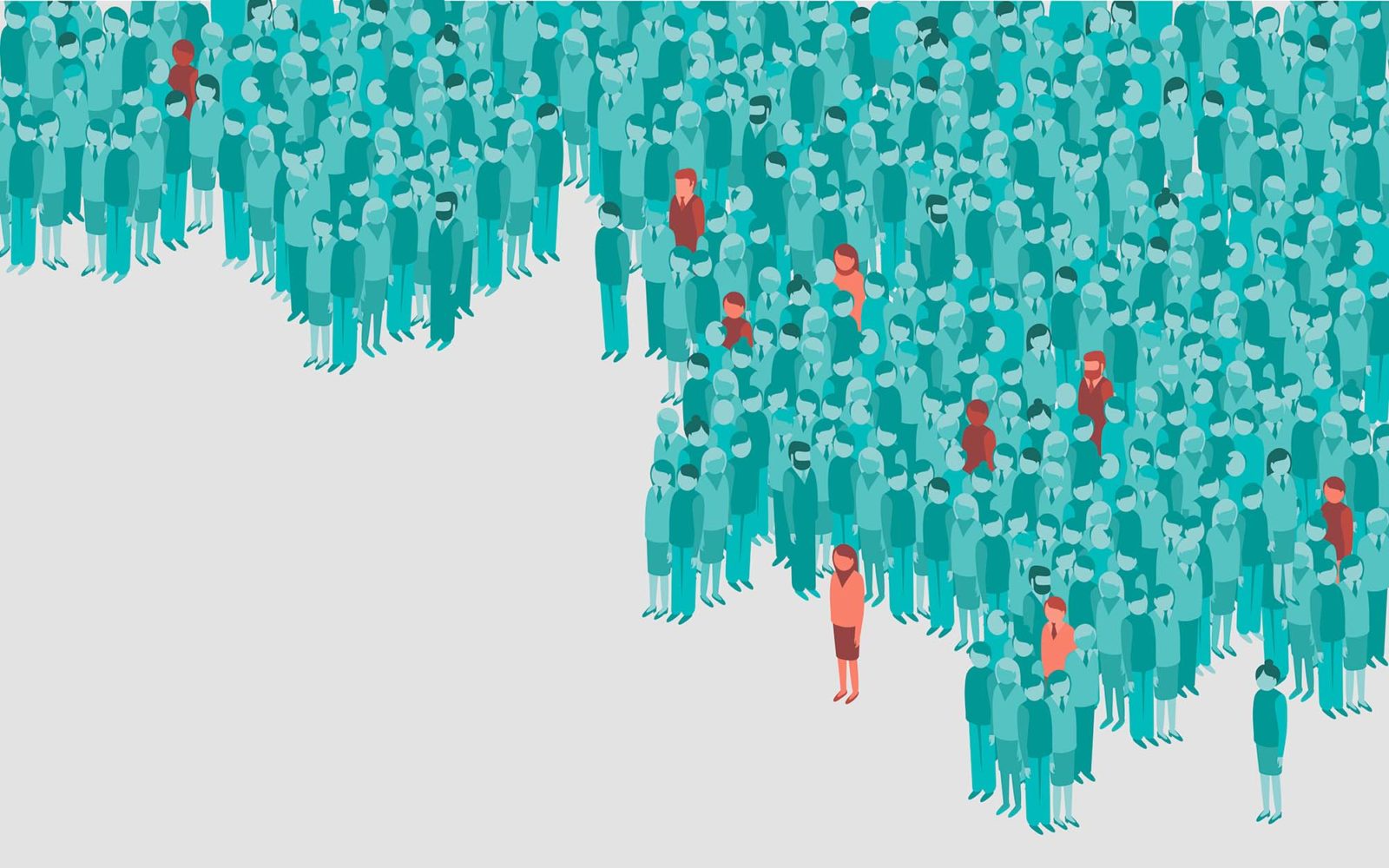
People Are Inclined to Hide a Contagious Illness While Around Others, Research Shows
A startling number of people conceal an infectious illness to avoid missing work, travel, or social events. Novel approaches beyond relying on individual good will may be needed to mitigate these harmful concealment behaviors.
-
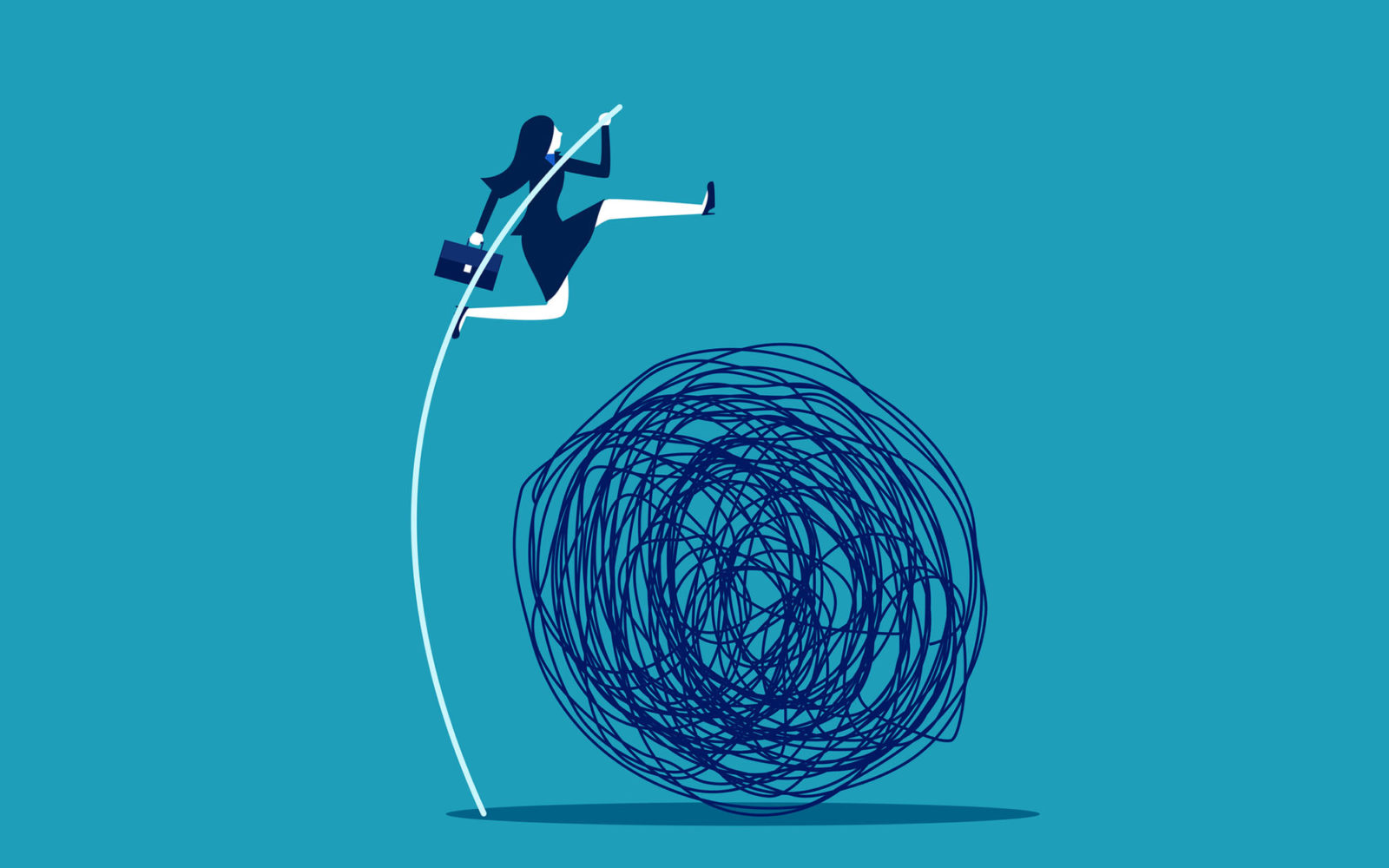
Information Avoidance in the Modern Age
Podast: Özge G. Fischer-Baum and Jeremy Foust (Kent State University) dive into information avoidance and the factors that impact it, as well as how social media has affected the ways we take in information.
-
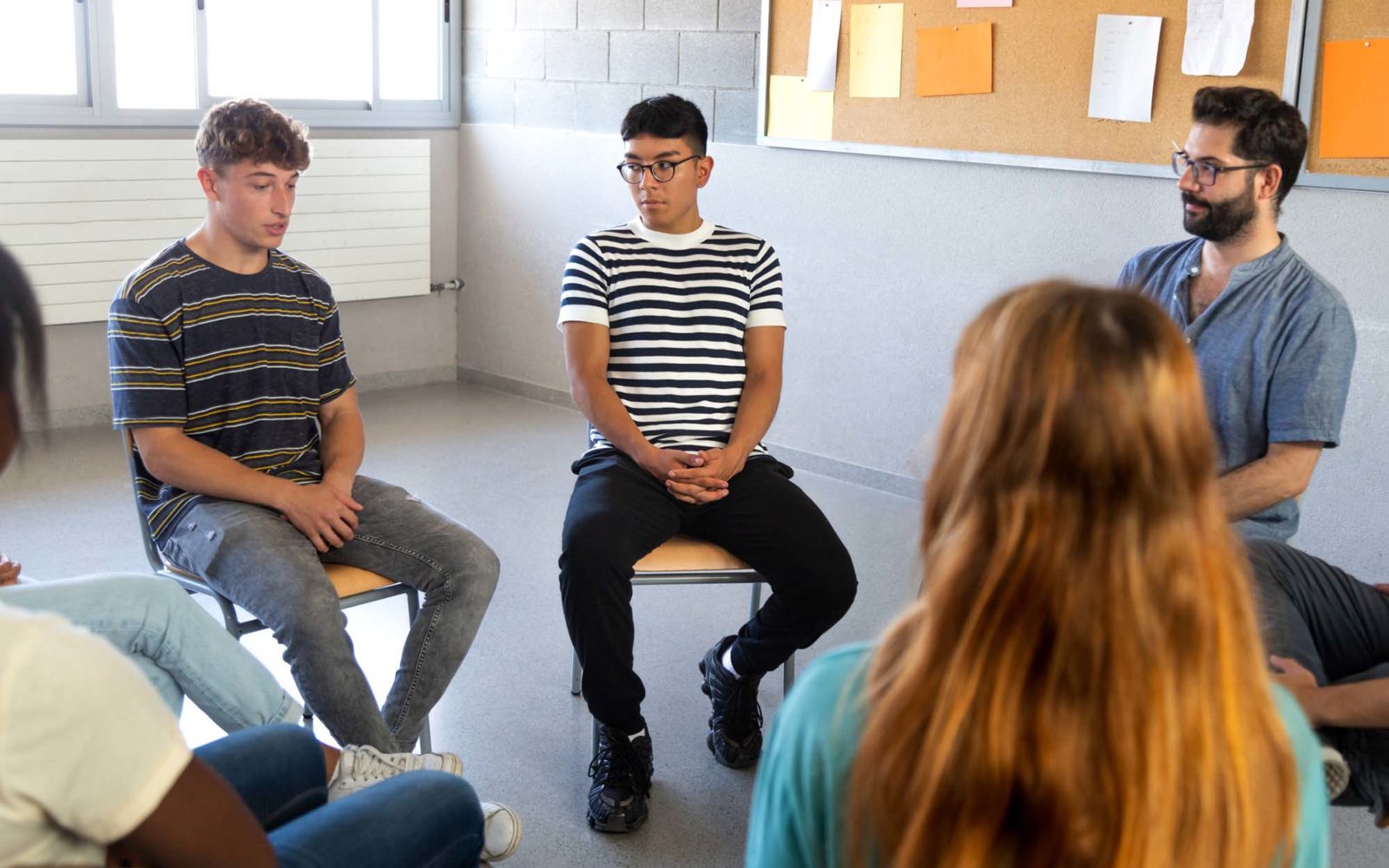
Detention Fails to Help Young Lawbreakers Avoid Further Offenses, Report Shows
Youth who are caught committing crimes are far less likely to reoffend when they receive rehabilitative help, such as therapy and life-skills training, rather than a legal punishment. Learn more about the new PSPI report and what bringing systems and science to find solutions could do to help young people.
-

New Research in Psychological Science
A sample of research on learning-induced plasticity, whether risky drinking is also characterized by stimulus generalization, comprehensive social trait judgments, self-esteem, and much more.
-
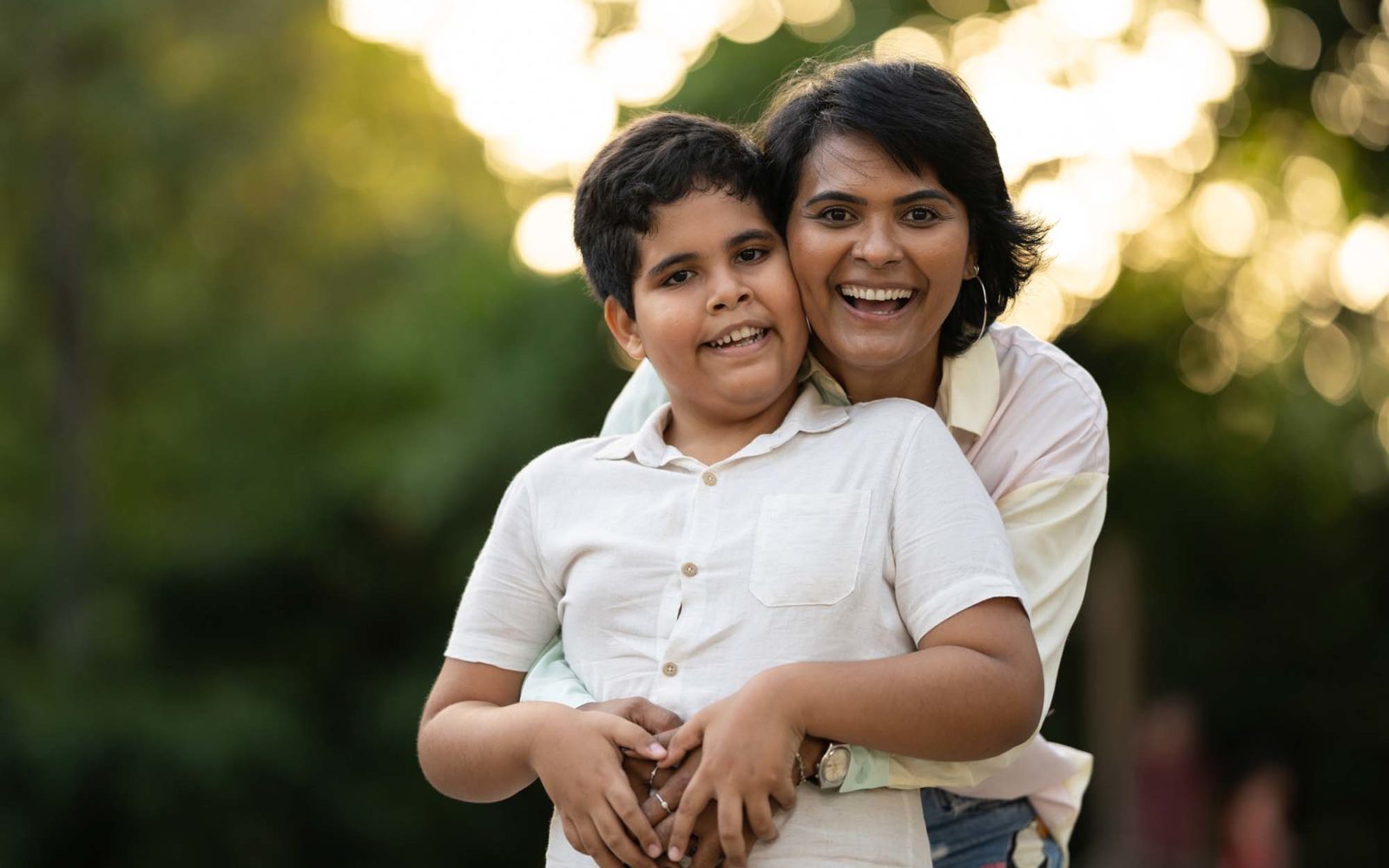
Linking Developmental Delays and Parenting Strategies With Inclusivity in Mind
Podcast: How do parents adjust their behavior in the context of neurodiversity? Alexandra Sullivan (University of California, San Francisco) and APS’s Özge G. Fischer-Baum discuss parenting strategies with an inclusive approach.
-

Scientists Discuss How to Study the Psychology of Collectives, Not Just Individuals
In a set of articles appearing in Perspectives on Psychological Science, an international array of scientists discusses how the study of neighborhoods, work units, activist groups, and other collectives can help us better understand and respond to societal changes.
-
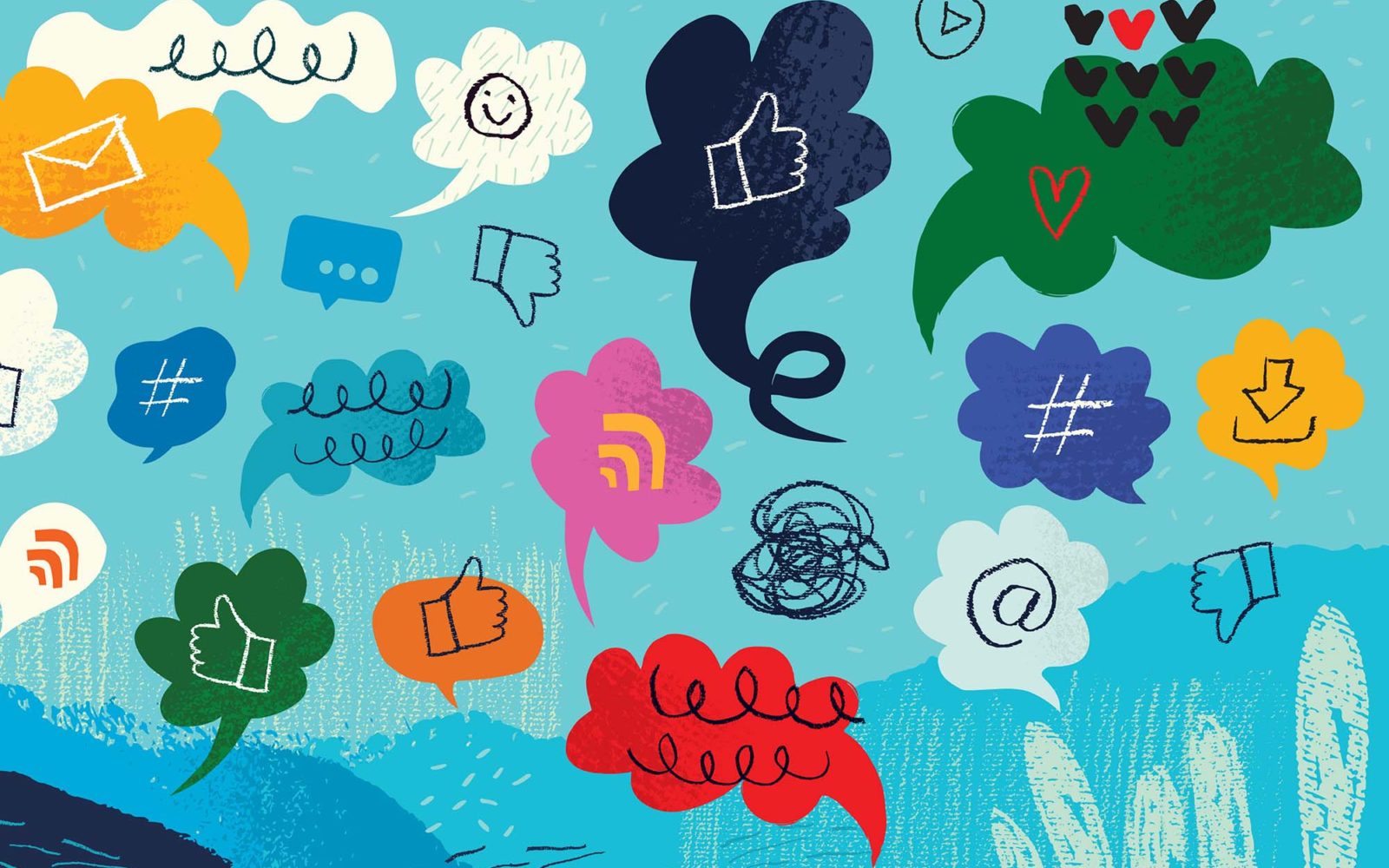
‘Forget I Said That’: The Evolutionary Drive to Disclose May Lead to Oversharing
The decision to share personal information may boil down to a battle between the drive for privacy and the drive to disclose, according to this recent article.
-

Is Our Early Attachment Our Destiny? Finding the Link Between Attachment Patterns and Personality Disorders
Podcast: Attachment is a recent popular topic that has entered the public eye, but psychological researchers have been investigating attachment patterns for decades. What is the relationship between early attachment personality disorders? Is there an overlap? Under the Cortex explores.
-

Substance-Use Stigma Impedes Treatment in Various Ways, Scientists Say
Addiction is one of society’s most misunderstood and rebuked health conditions. That stigma discourages many people from seeking treatment for substance dependence, according to a new report published in Psychological Science in the Public Interest.
-

Guilty as Charged: How We Contribute to Polarizing Content on Social Media
Podcast: Steven Rathje (New York University) and APS’s Özge G. Fischer-Baum explore the implications for societal change, in-group and out-group behavior, and emotional choices on internet usage.
-

A Tribute to APS Fellows Lost in 2023
The Observer honors the APS Fellows who passed away over the past year and left an indelible mark on scientific psychology. Their groundbreaking studies and theories have advanced fields ranging from clinical psychology to neuroscience.
-

Artificial Intelligence Systems Excel at Imitation, but Not Innovation
While children and adults alike can solve problems by finding novel uses for everyday objects, AI systems often lack the ability to view tools in a new way, researchers explain in this study.
-

New Content From Advances in Methods and Practices in Psychological Science
A sample of articles on mobile sensing, improving statistical analysis in team science, modeling cluster-level constructs measured by individual responses, and much more.
-

Getting Your Research Published: Insights on Academic Publishing with Simine Vazire
Podcast: Simine Vazire, the incoming Editor-in-Chief of APS’s journal Psychological Science, joins Özge Gürcanlı Fischer Baum to discuss her plans to further advance the practices of inclusivity in APS’s flagship journal.
-
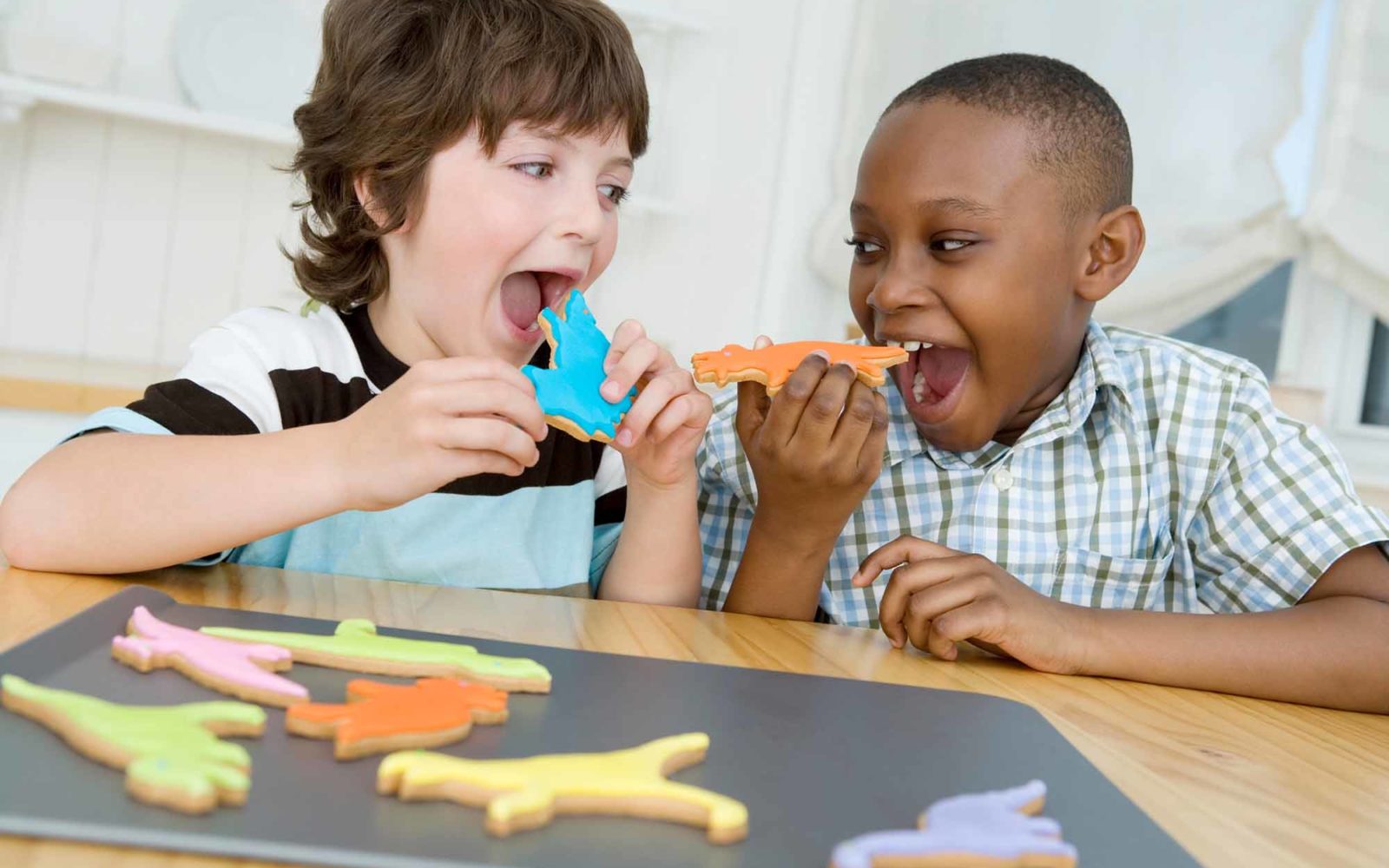
Children Motivated to Earn Social Approval Over Treats, Study Suggests
The marshmallow test, designed to measure children’s self-control in the face of temptation, is one of history’s most famous psychological experiments. New research suggests that it may also measure their interest in social approval.
-

Do Risky Drinkers Think Differently? Insights From Cognitive Experiments
Podcast: Under the Cortex hosts Elizabeth Goldfarb (Yale University) to explore the cognitive profile of risky drinkers, as well as possible interventions for those struggling with alcohol use.
-

New Content From Perspectives on Psychological Science
A sample of research on digital contact tracing in pandemics, the interpersonal distance theory of autism, the impact of school closures on children’s mental health and learning, and much more.
-

Stigma Against People With OCD Varies With Their Obsessions
Individuals with OCD face stigma both for the nature of their intrusive thoughts and for their distress, according to a new study in Clinical Psychological Science.
-
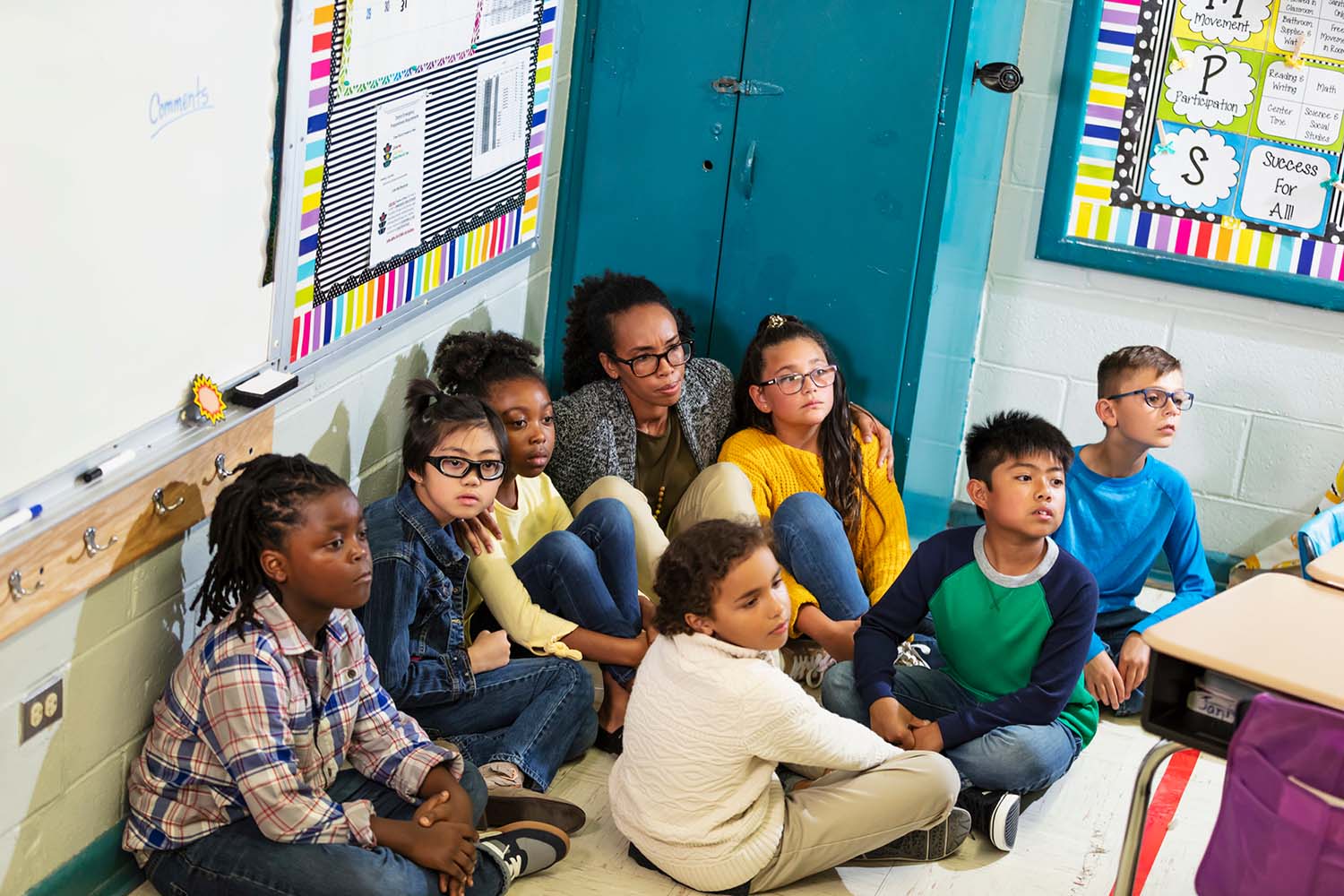
Do Lockdown Drills Create Anxiety? New Research Says No
Podcast: Dr. Amanda Nickerson joins Under the Cortex to explore the developmental pathways and risk factors for being exposed to gun-related violence.
-

New Research From Clinical Psychological Science
A sample of research on cognitive inhibition in trauma recovery among asylum seekers, stress accumulation and sleep problems among Black Americans, parent and child depressive symptoms, and much more.
-
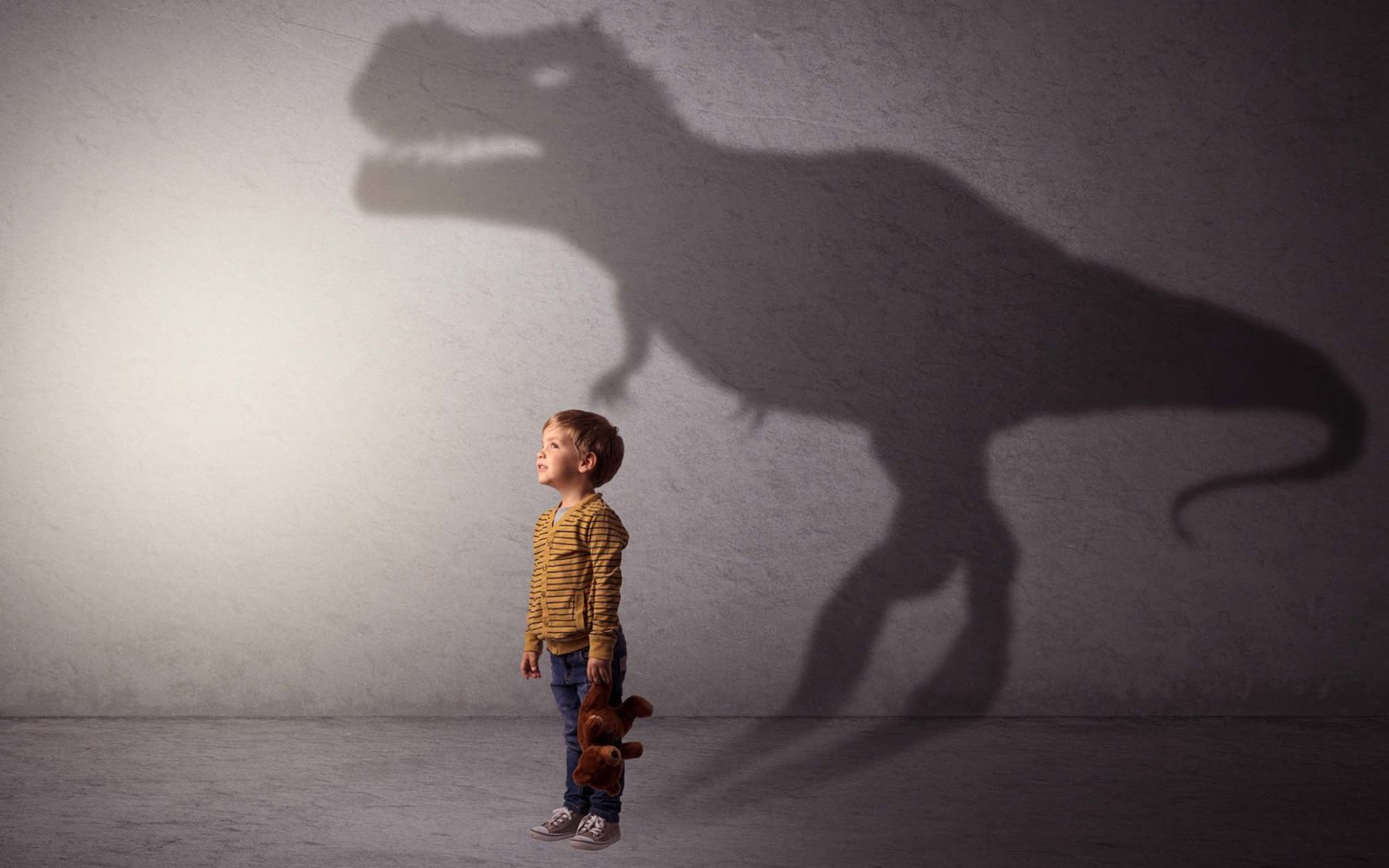
From Unseen Animals to Theoretical Physics, Humans Have a Unique Ability to Communicate Absent and Abstract Concepts
Our ability to use words and gestures to communicate information about absent and abstract concepts begins in infancy and could be what allows us to develop more abstract thinking as we age.
-

Cautionary Notes: The Science of Trigger Warnings
Podcast: Are trigger warnings helpful for learning outcomes? Do they shape listeners’ expectations, or do they cause discomfort? APS’s Özge G. Fischer-Baum explores with Dr. Victoria Bridgland of Flinders University.
-
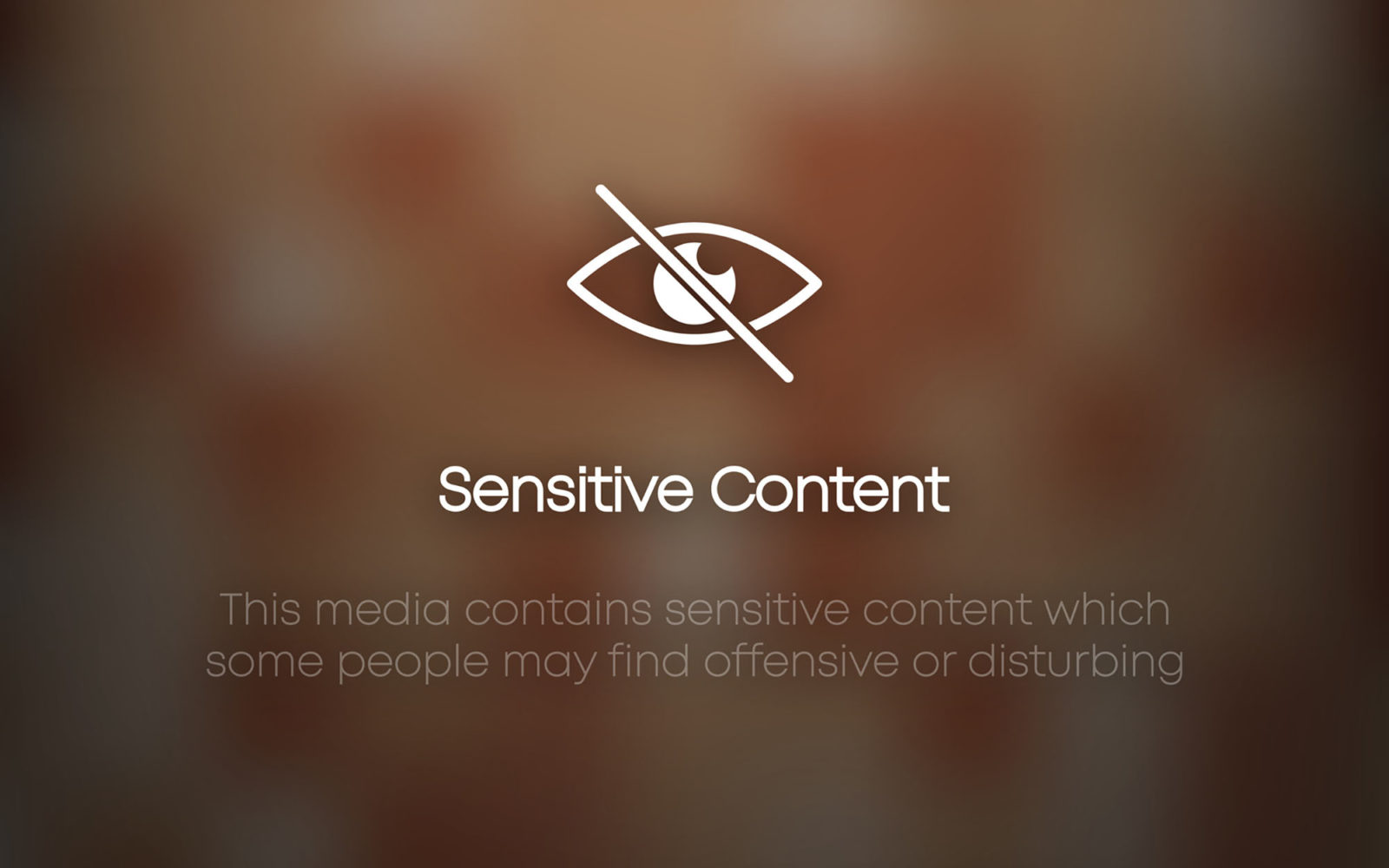
Caution: Content Warnings Do Not Reduce Distress, Study Shows
Advocates for the use of trigger warnings suggest that they can help people avoid or emotionally prepare people for encountering content related to a past trauma. But research indicates the warnings only heighten anticipatory anxiety.
-

New Research in Psychological Science
A sample of research on peer beliefs, thinking beyond COVID-19, visual perception in young infants, adaptive encoding speed in working memory, and much more.
-

Feeling Young at Heart Comes With Well-Being Benefits
Podcast: Markus Wettstein of Humboldt University of Berlin joins this episode to discuss subjective age and its implications for health benefits, general well-being, and possible cross-cultural differences.
-
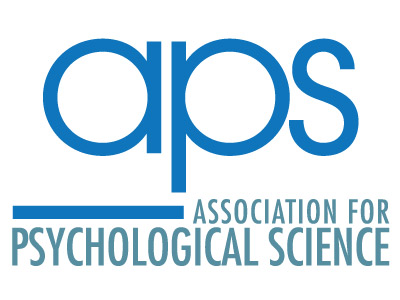
Alan Kraut-Jane Steinberg Family Fund Showcases Public Benefit of Psychological Science
APS is excited to share that the Alan Kraut-Jane Steinberg Family Fund has donated $100,000 to support an APS Annual Convention plenary session showcasing how psychological science contributes to the public good.
-

Psychological Aspects of Erectile Dysfunction Deserve More Attention, Health Scientists Say
Personality traits and mental health problems are among the factors linked to erectile dysfunction, a condition that affects up to 80% of men over the age of 60. But researchers often overlook these psychological causes and their treatments in favor of biological components, according to a recent article in Current Directions in Psychological Science.
-

Myth of Male “Superior Math Ability” Hinders Female Students’ Math Performance
Increased exposure to peers who believe that boys are innately superior at math can erode girls’ mathematics performance over the course of the academic year, new research in Psychological Science suggests.
-
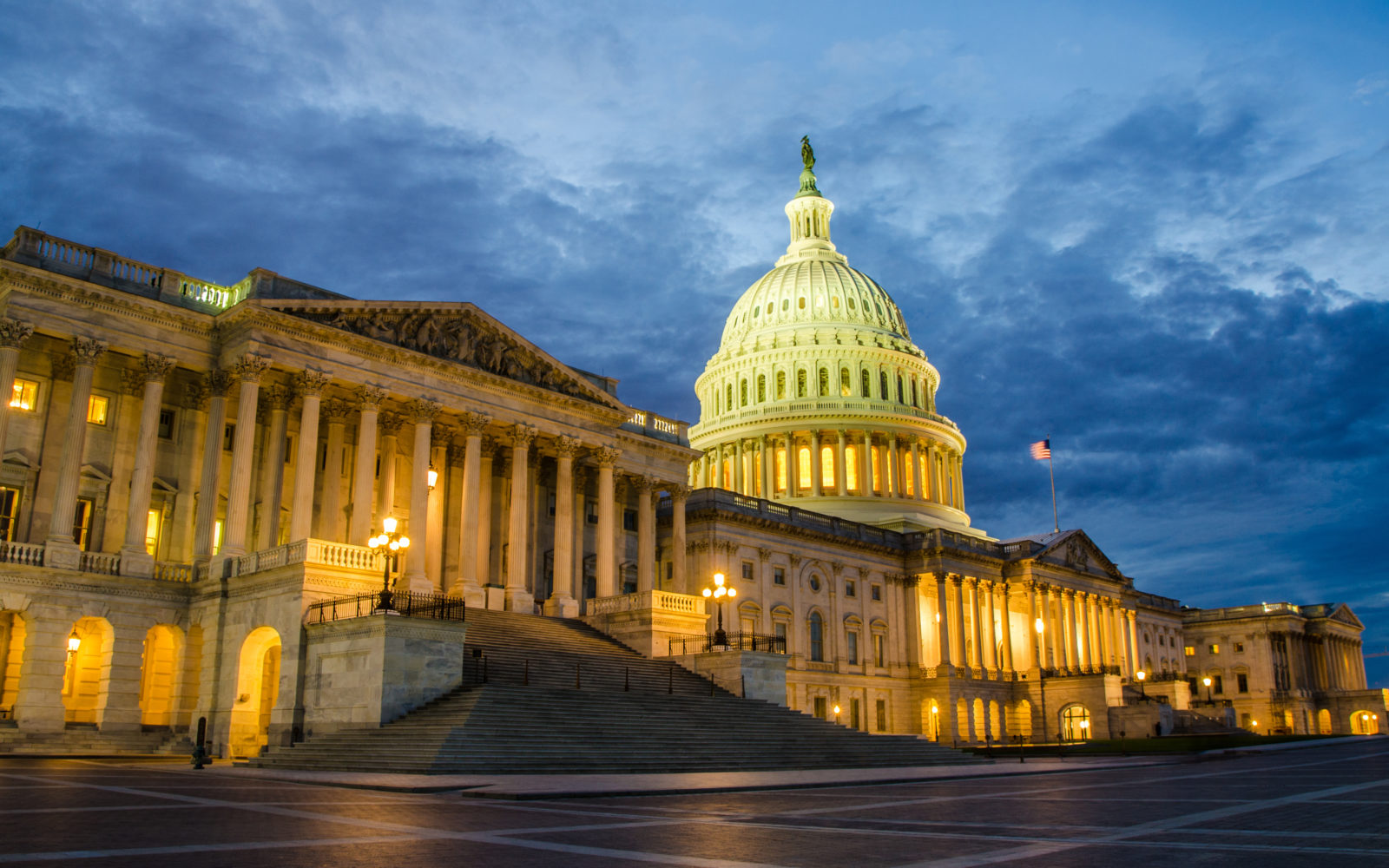
Association for Psychological Science (APS) Statement on Looming U.S. Government Shutdown
APS calls on Congress to promptly fund the U.S. government for the coming fiscal year to sustain important scientific programs and initiatives.
-

New Content From Current Directions in Psychological Science
A sample of articles on facts about sign languages, the power of identity, reliable lie-detection methods, humans’ bias blind spot, the development of visual attention in infancy, and much more.
-

The Tale of Two Cities: Water Access Influences Human Decision Making
Podcast: Does our geographical location shape our thinking? Does water access have an effect on our decision-making habits? Under the Cortex hosts Dr. Hamid Harati and Thomas Talhelm, who explore how our ecological environment can shape our decision-making skills.
-

New Content From Perspectives on Psychological Science
A sample of research on assessing autism in hard-of-hearing youths, the relationship between parenting and self-control, managing fear during pandemics, how expectations modulate pain, and much more.
-
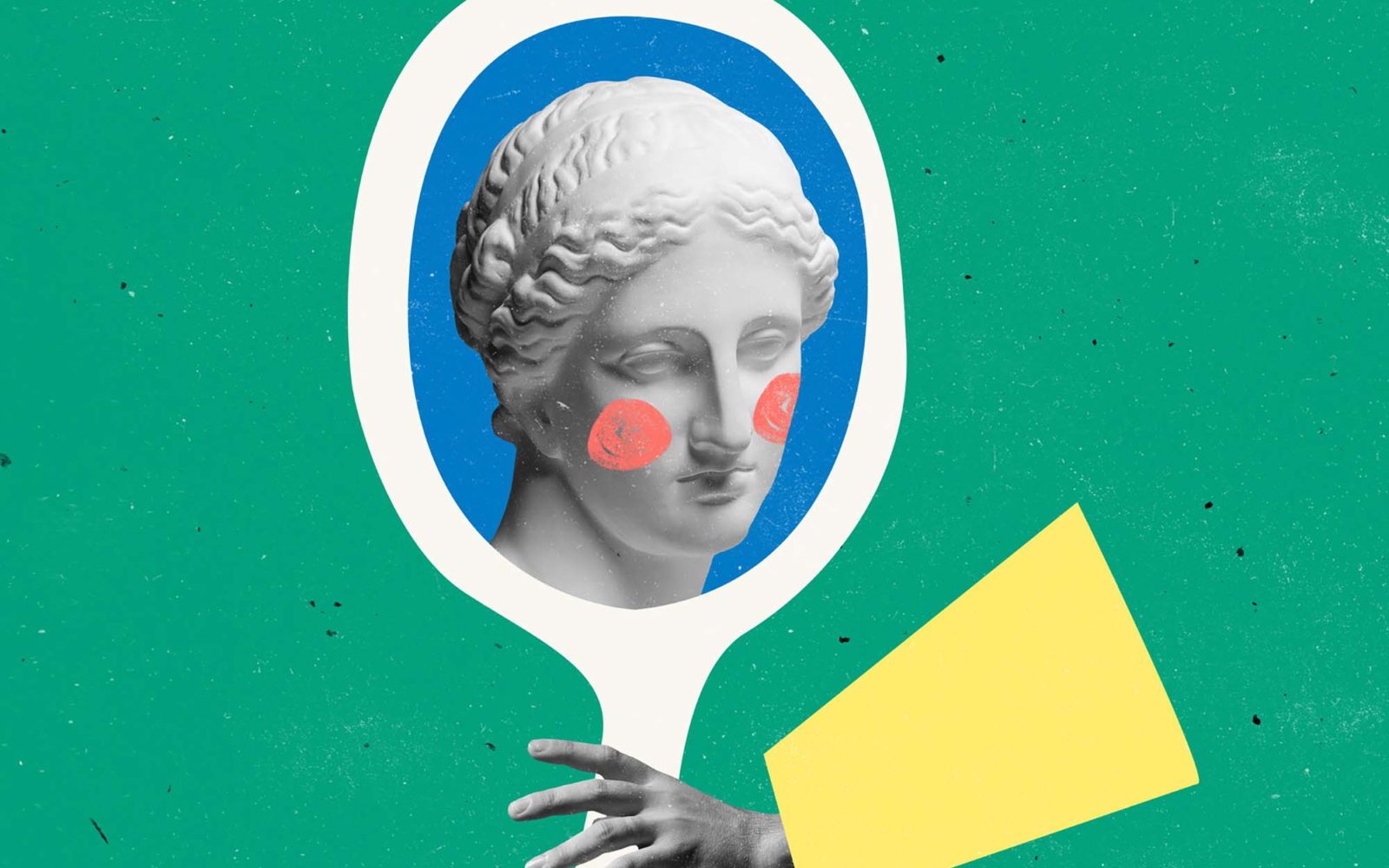
In the “I” of the Beholder: People Believe Self-Relevant Artwork is More Beautiful
Our feelings about art may be more personal than previously realized, causing us to prefer art that speaks to our sense of self.
-

New Content From Advances in Methods and Practices in Psychological Science
A sample of articles on young children’s gaze behaviors, improving the predictive power of psychometric scales, using market-research panels for behavioral science, and much more.
-

Loneliness Across the Globe: A Life-Span Approach
Podcast: Under the Cortex hosts Samia Akther Khan, King’s College London, whose research examines the feeling of loneliness across lifespan.
-

Repeated Exposure to News Headlines Makes Behavior Seem Less Unethical
From frequent smartphone notifications to repetitious TV news programs, we often experience repeated exposure to various news headlines as we go about our daily lives. When the news provides stories of wrongdoing, that repeated exposure may influence our own sense of morality, making those narratives seem more true and less unethical.
-

For Whom the School Bells Toll: New Psychological Research for the New Academic Year
A collection of research published in the APS journals in 2022 and 2023 related to peer relationships, pandemic-related learning losses, the positive impacts of growth mindsets, and much more.

